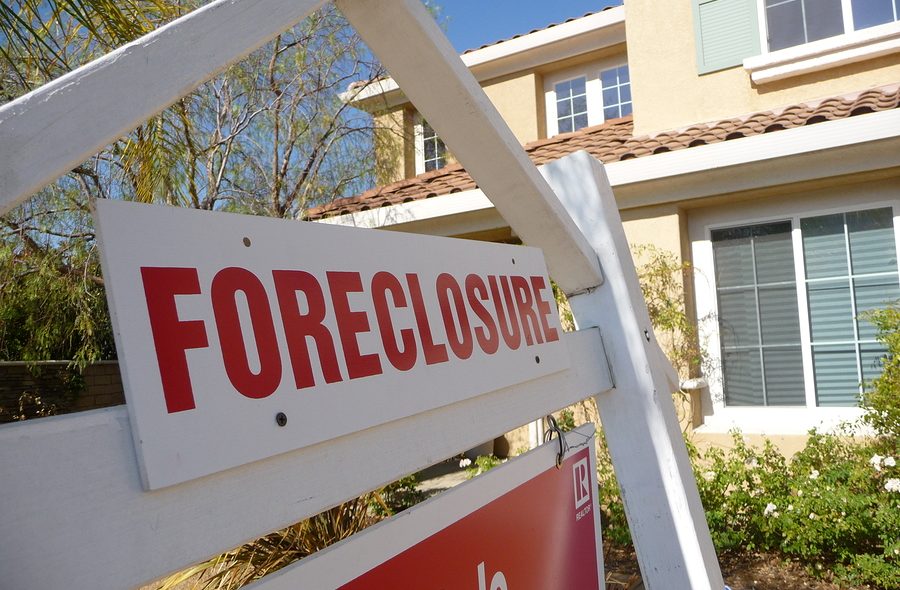More than 9.3 million homeowners lost a home through a distressed property sale from 2006 through 2014, according to the National Association of Realtors (NAR). As rents continue to rise and mortgage rates remain low as the economy continues to improve, some who lost their homes during the housing market crash are now ready to re-enter the market. In fact, a 2015 study by the NAR found that 1.5 million previous homeowners might be eligible to buy within the next five years, based on the time it takes to improve credit scores and save for a down payment.
Here are some tips to remember when re-entering the housing market after a foreclosure or short sale:
Know your options. For homeowners who had extenuating circumstances, such as prolonged income loss or major medical expenses, Fannie Mae has shortened the waiting period to two years after a pre-foreclosure sale – a short sale or deed in lieu of foreclosure – and to three years after a foreclosure. You no longer have to wait seven years after a bankruptcy or foreclosure to purchase a new home.
Start saving. Saving for a down payment and closing costs are the biggest hurdles for would-be home buyers. Create a strategy for savings and avoid impulse purchases. Save your bonus checks, tax refunds and set up a direct deposit to your savings account to help build your down payment.
Repair your credit. The FHA’s minimum credit score requirement for maximum financing is 580. However, other mortgage lenders require a FICO score of 640 or higher. Here are some quick tips to help repair your credit:
- Pay off any high-interest debt on time each month;
- Do not take out new loans or maximize your lines of credit;
- Ask your utility providers or landlord to report your on-time monthly payments to the major credit bureaus.
Beware of predatory lenders. Never sign any contract you are unsure of and if you encounter a lender that tries to sell you a “special” zero-down home loan or any offer that sounds just too good to be true- do not take the bait. Always get a second opinion. Have a real estate attorney, housing counselor or a different lender review the paperwork for you.
Enlist expert help. Not only can housing counselors help you address credit issues and set up a savings plan, they can connect you with state, local and private resources that can help get you into a new home. If you are looking to re-enter the housing market, reach out to a “HUD-approved” housing counselor before you begin. Also, the National Foundation for Credit Counseling (NFCC) provides help to more than 3 million people each year. Find a NFCC-certified housing counselor to discuss your options.
Choosing the right attorney can make the difference between whether or not you can keep your home. A well-qualified Miami foreclosure defense attorney will not only help you keep your home, but they will be able to negotiate a loan that has payments you can afford. Miami foreclosure defense attorney Timothy Kingcade has helped many facing foreclosure alleviate their stress by letting them stay in their homes for at least another year, allowing them to re-organize their lives. If you have any questions on the topic of foreclosure please feel free to contact me at (305) 285-9100. You can also find useful consumer information on the Kingcade & Garcia website at www.miamibankruptcy.com.
Related Resources:
http://www.bradenton.com/news/business/article95538517.html



